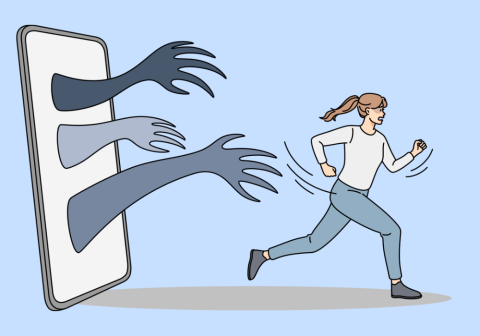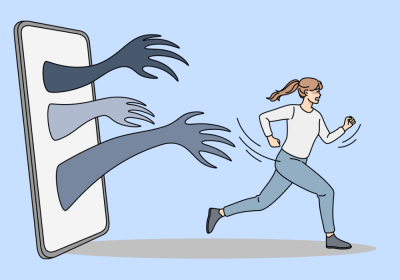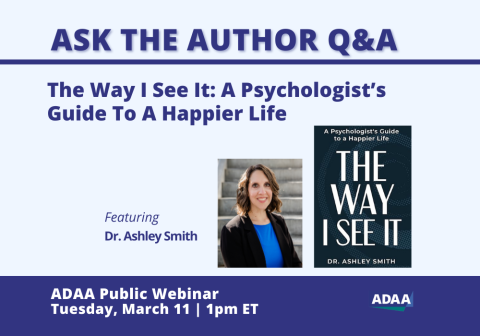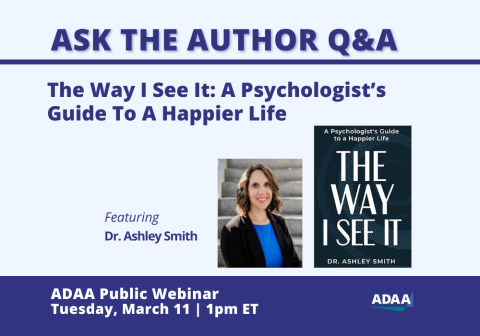Journey to Recovery
My experiences with depression started in 2009. At first, I just started to feel more stressed with deadlines at work. I remember my mood shifting and me getting more irritable or down a lot faster than usual, but I thought it was only related to the stressors I had at the time - and if I got rid of those I would get back to feeling like myself.
As the months went on, my mood, energy and concentration all plummeted. I wasn’t eating or sleeping well either. I felt like I was failing at life and didn’t want to look weak, so I kept struggling through each day without reaching out.
Eventually, I got to the point where I could barely sleep at all, and it was only then, when I couldn’t pretend I was okay, that I finally reached out - telling my parents what was happening.
I went to see my family doctor. I remember filling out a depression screening tool and checking off almost all the boxes with the worst ratings. That’s when I really realized I was dealing with something a lot more serious than usual stress or sadness.
I was diagnosed with depression, and from there I started a long roller coaster ride towards recovery, which included trying to end my life several months later to escape my pain. It was only after that, that I truly started to turn things around and make progress, though it would still take months to feel like myself again.
Throughout my journey and the years since, I’ve tried many different strategies to get better including self-help strategies around physical activity, yoga, sleep habits, healthy eating, goal setting, journaling, reading other’s stories and shouting websites like ADAA for information on what depression is, to formal treatment options including medication, talk therapy, cognitive behavioral therapy, mindfulness, and peer support groups. All of these have helped in different ways.
One of the most valuable tools, talk therapy, was also the one that took me the longest to make use of.
When I first started doing therapy, I wasn’t used to talking about myself and it took me several months to start opening up and making the most out of it.
Eventually, I realized two things:
Therapy can only help, if I’m honest. I can’t avoiding topics like feeling lonely, or wanting more friends, or having thoughts of suicide just because they are difficult to discuss.
I also learned that a therapist wasn’t going to figure things out or solve everything for me, they could help guide me, but I would have to show up ready to talk and work on what we discussed between meetings.
These days I often think back about the first crucial months, when I noticed something was wrong but didn’t know or want to admit it. In order to give back and help others avoid falling into the same traps, my recovery has led me to my current role as the Project Manager for HeadsUpGuys, a website dedicated to supporting men fighting depression.
Share Your Story and Voice and Help #breakthestigma Around Mental Health
Support ADAA's Mission - Every Gift Makes an Impact
















